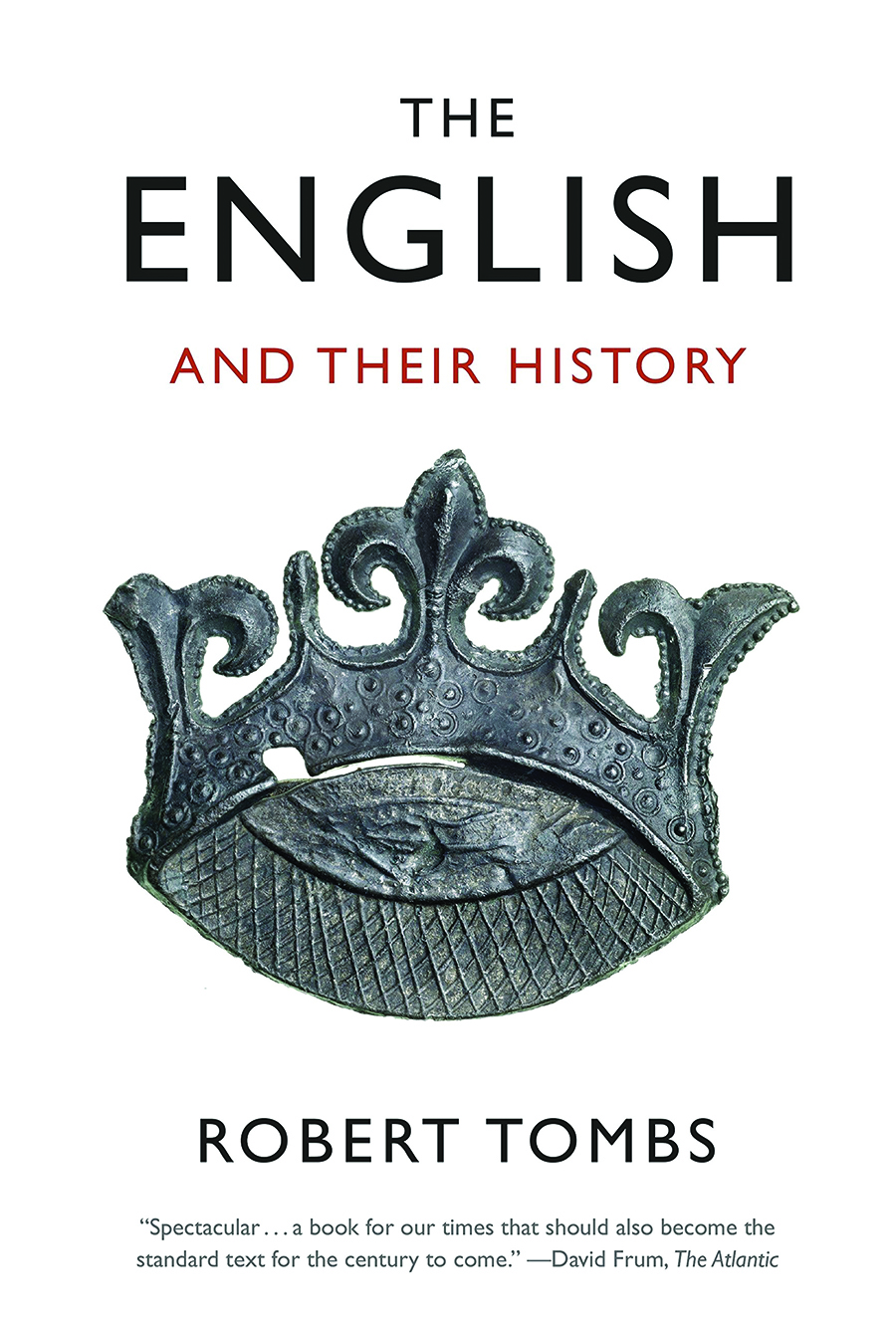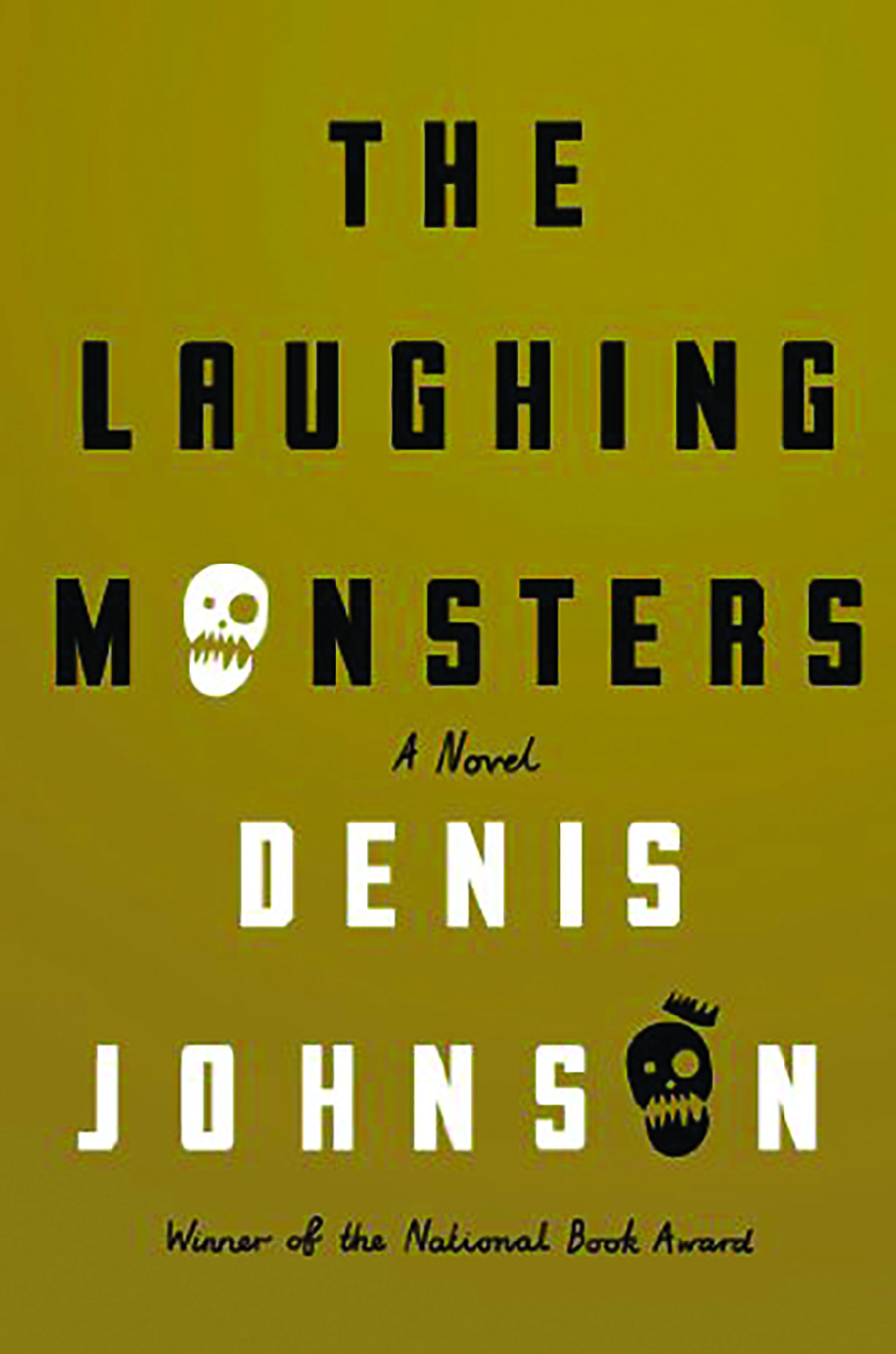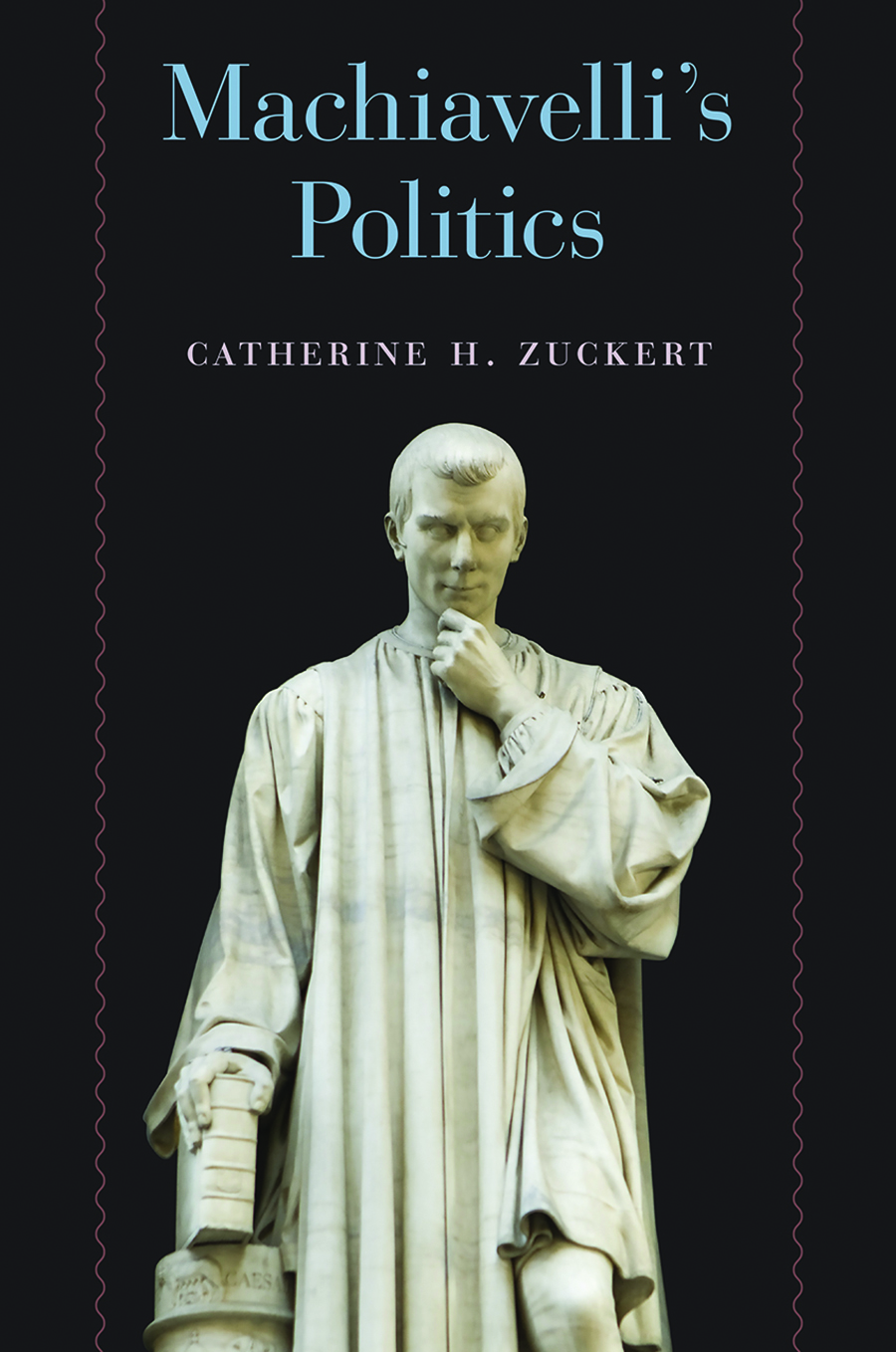The English and Their History, by Robert Tombs. (Knopf, 2015.)
Through most of his highly distinguished career as a Cambridge historian, professor Robert Tombs focused on France. But in The English and Their History, published in the United States in 2015, he turns to home, and the result is magnificent. His is a magisterial survey of a people over 2,000 years in a single volume, yet nothing is skated over. The work coruscates with new research, telling detail, and dry wit.
It also debunks many myths, arguing convincingly, for example, that England is not the declining power we think we see through the lens of an empire won and lost. The English have, Tombs argues, resumed their historical position as one of a few great, ambitious, creative, rich, and well-governed peoples. He debunks certitudes across the ideological spectrum. Did you know the English have always been among the most highly taxed and yet prosperous people in the world? Or that their vast past wealth cannot, on the evidence, be attributed to England’s unusual adherence to a policy of unilateral free trade?

Tombs’s subject and title identify a crucial and long-neglected distinction, and his timing was brilliant. This history of a people and how they see themselves preceded the 2016 Brexit referendum in which the English, not the Scots nor the Irish, made a climactic decision to retrieve their sovereignty and a culture of freedom that had been deracinated by decades within the European Union.
Tombs is one of the most intelligent and most persuasive commentators on Brexit, puncturing absurdities in its opponents’ scaremongering. And he does so as someone who has spent his adult life in admiring engagement with continental Europe.
— Hugo Gurdon, Editor-in-Chief
The Laughing Monsters, by Denis Johnson. (FSG, 2014.)
“Sometimes you just get stuck. That’s Africa. Then you’re on your way again without any idea what happened, and that’s Africa too. And while you’re stuck, if they give you a pen and paper? — you might as well.”
So explains Roland Nair in a letter to his girlfriend, Tina, midway through Denis Johnson’s The Laughing Monsters, the author’s 2014 book on the aimless, mercenary nihilism of post-9/11 global security. The Danish Nair works for NATO, and he’s been sent to Africa to keep watch on his friend, an African-born, possibly AWOL U.S. special forces soldier named Michael Adriko, who is traipsing around Uganda and the Congo with his fiancé in search of his childhood village, where he plans to marry her. Nothing goes as planned. (That’s Africa.) Nair comes to resent his higher-ups’ secrecy and manipulation. He resents Adriko too.

Johnson’s characters are rarely likable. But in The Laughing Monsters, this makes them somewhat sympathetic. No one knows what they’re doing here, so why shouldn’t they be agitated? They get captured — Nair is writing to Tina from captivity — and are constantly at the mercy of scammers and insects, both trying to bleed them dry. Money flows like water, the characters note, as soon as you mention the word “terrorism” to a Western government. It flows in many directions: Nair sells out the location of U.S. military fiberoptic cables throughout West Africa for $100,000. In his last email before his note to Tina, he accepts the offer. His email before that is to his NATO bosses: “Goddamn you. You smiled sweetly while slipping a rocket up my ass and lighting the fuse.”
Then he asks two questions that typify the world of international security in the age of globalized war: “What has any of this got to do with Denmark? What has any of this got to do with me?”
— Seth Mandel, Executive Editor
The Love Affairs of Nathaniel P., by Adelle Waldman (Henry Holt, 2013.)
Adelle Waldman’s The Love Affairs of Nathaniel P. is the decade’s great novel of manners. Published four years before #MeToo exposed the depth of hurt and misunderstanding between millennial women and men, it painted a withering portrait of romance among overeducated twenty- and thirty-somethings caught between traditional gender roles they no longer believe in and an ideal of sexual liberation they find it impossible to live up to.

The novel follows an abortive romance between Nate, a Brooklyn novelist on the make, and Hannah, a slightly younger writer. Waldman uses Nate’s and Hannah’s relationship to dissect, sensitively, but with a clear, cold eye, the paradoxes of enlightened sexuality. Nate is a feminist and a fairly decent guy, but his advanced views — women can look after themselves, and if everyone consents, what’s the harm? — end up serving, in practice, as rationalizations for avoiding responsibility. Meanwhile, Hannah, despite her intelligence and independence, allows herself to be emotionally bulldozed by a man-child.
Above all else, Nate is sincere. He sincerely wants to avoid hurting the women he dates, yet they always end up in tears. Waldman’s novel proves the truth of its epigraph, from George Eliot, which could serve as an epigraph for the decade: “To give a true account of what passes within us, we need something else besides sincerity.”
— Park MacDougald, Life & Arts Editor
Machiavelli’s Politics, by Catherine H. Zuckert. (University of Chicago Press, 2017.)
Debates over the meaning and purpose of the works of Niccolo Machiavelli have ebbed and flowed since his death in 1527. Machaivelli’s Politics, published in 2017 by Notre Dame political scientist Catherine Zuckert, may be one of the most ambitious attempts to date to settle the case.
Zuckert’s book attempts to synthesize the two dominant, seemingly conflicting scholarly interpretations of Machiavelli into a single, comprehensive understanding. In one reading, stemming from Leo Strauss’s influential Thoughts on Machiavelli, Machiavelli is seen as “a teacher of evil,” a universalist philosopher seeking to establish a new mode of political activity focused on individual interest rather than Christian morality or classical conceptions of virtue and justice. The other reading, popularized by intellectual historians Quentin Skinner and J.G.A. Pocock, views Machiavelli as a fresh variant on an old theme, classical republicanism, to be viewed within the context of 16th-century Florence.

Zuckert’s achievement is to combine Straussian hermeneutics with the Skinnerian’s attentiveness to historical context. The resulting effort is a 512-page study of all of Machiavelli’s major works that is both synoptic and diligent, comprehensive and innovative.
Contra Strauss, Zuckert’s Machiavelli is no immoral enemy of religion, but merely a critic of its contemporary interpretations. Contra the republicans, she believes Machiavelli’s project transcends its immediate context. In the end, Zuckert presents a Machiavelli rarely seen before: a democratic-republican concerned with mediating human passions to promote the common good. “Machiavellian,” indeed.
— Grant Addison, Deputy Editor
